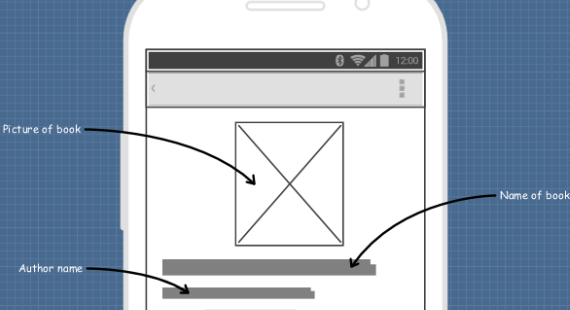All-in-one visual modeler to help you create models quickly and effortlessly.

A rich set of diagramming tools are available to help you create diagrams quickly and smoothly. You can create professional diagrams without the need of learning.
The Resource Catalog feature allows you to create diagrams in correct syntax faster and easier. You don't need to memorize the syntax of the modeling language because it automatically filters what you can do with the model element you work on in the diagram. Just drag and drop, and you're done!
The sweeper is one of the useful features for editing your diagrams. If you have ever experienced of moving the diagram elements without any tools, you probably understand how hard it is to manage the space between the diagram elements. Using sweeper to extend the space between the diagram elements allows you to move your diagram elements conveniently. Magnet, on the contrary, allows you to reduce space through dragging.
It could be troublesome and time-consuming to replicate the style setting from one shape to others. With Format Copier, you can easily replicate the fill, line and font style settings between shapes.
Subject to our imagination, there are quite a few use cases that you can think of about the applications of a Color Legend. Generally speaking by labelling the model elements of a diagram with different color, you could add another dimension of meaning to a visual model, such as priority, development stages, maturity level and etc.
The alignment guide helps you place shapes precisely on diagram and create an overall sense of order and intention.
Powerful visual modeling tools that helps you construct and manage your models in an effective manner.
No more complex diagram! Just create multiple diagrams based on different situations or contextes. You can visualize a model element on multiple diagrams. When a change is made on one view, the other views will be updated accordingly. This helps to ensure the consistency of your design.
Another method to reduce model complexity and improve understandability of a model is to split a model into multiple levels, with each levels modeled by a distinct diagram. Visual Paradigm allows you to create sub-diagram(s) for a model element. Instead of putting all elements on a single diagram. Model the details of an element in a separate diagram.
Nicknamer allows you to define multiple sets of names for your mdoel, and switch between the sets in few clicks. This feature is particularly useful when you need to maintain multiple languages for your model.

Model Transitor helps you create and maintain the traceability between two model states. E.g. as-is vs to-be model, conceptual vs physical ERD, etc.

Add referenced files, folders, URLs, model elements, diagrams to any model element.

Define stereotypes and create stereotyped elements in your design through drag-and-drop.

Maintain references among projects for the reusability of model elements across projects.

Maintain your own 'views' of your model thorugh logical views. You can create as many logical views as you like.

features.visual-modeling-tool.modeling-tools.model-explorer.desc
As an award-winning modeling software, Visual Paradigm supports a wide variety of standards and popular diagram types, supporting your modeling needs from the beginning of your project, to the end.

Easily create quality system model. Perform system analysis and design with standards like: UML, SysML, DFD, ERD, ORM Diagram, SoaML.
Visualize business workflow and operations with BPMN BPD. Analyze customer experiences with Customer Journey Map. You can also create EPC, Process Map, Fact Model.


Plan out your project with various project management diagrams and tools: Work Breakdown Structure, Org Chart, Implementation Plan, Transition Plan, Mind Map, Fishbone, Spider Chart, and more.
Visual Paradigm Enterprise is an ArchiMate enterprise architecture tool certified by The Open Group. You can create ArchiMate diagrams with the latest notations, and to create model views with any of the official viewpoints (examples) or user-defined viewpoints.


Create wireframes to visualize screen flow and screen layout, and use wireflow to depict the flow of wireframes. Make the flows alive through the animation tool, which makes your presentation way more effective. Besides, you can run prototype with stakeholder to demonstrate and confirm your work.